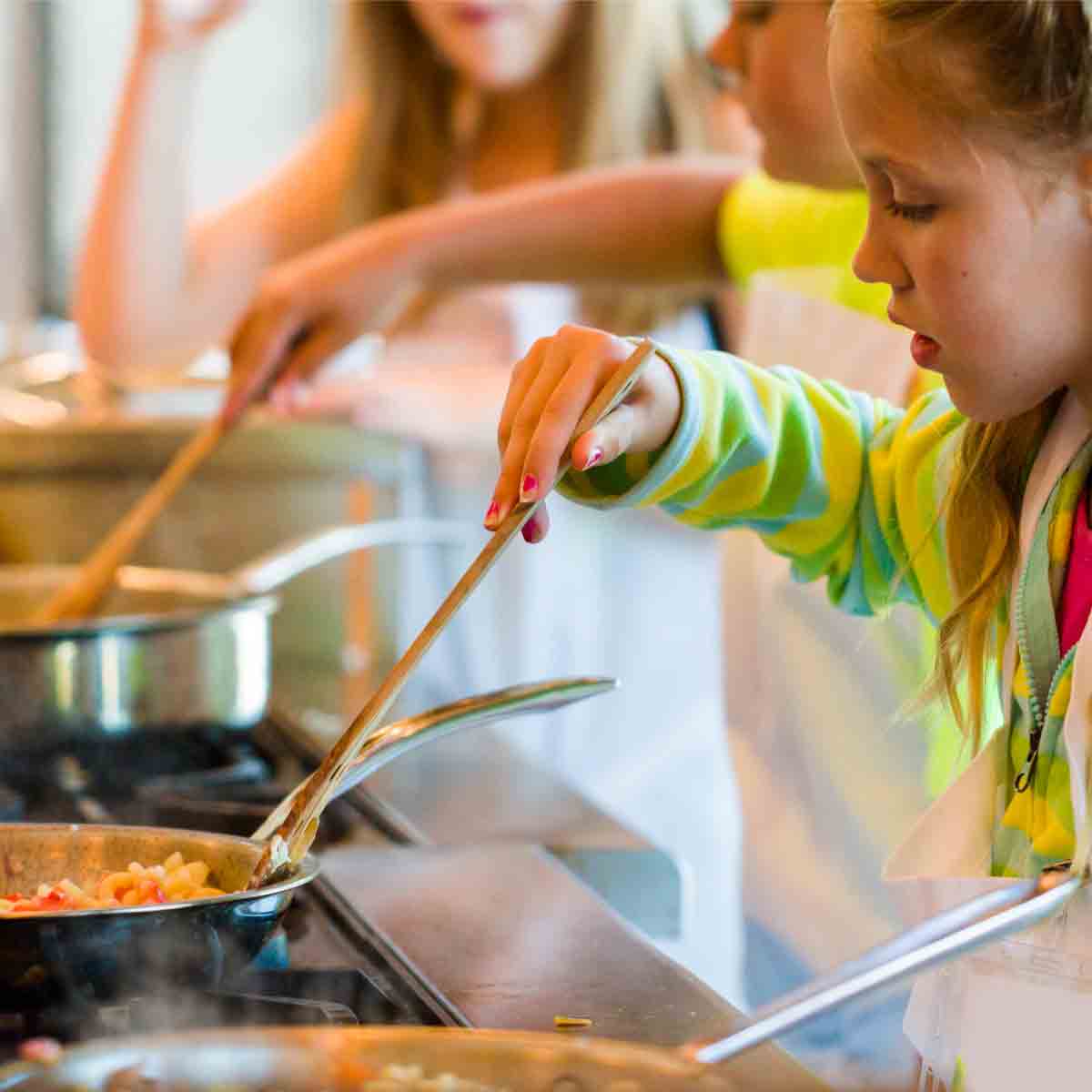Children eat more food when they prepare it themselves


The CNP Cooking Skills Research Category consolidates research exploring the interdependent relationship between cooking skills and child and adolescent dietary intake. To view each original study on the open internet, click “Original.” To view the CNP-written abstract summary, click “CNP Summary.” While only some of the CNP-written abstract summaries are available below for free, all abstract summaries are available to CNP members through the CNP Library Membership.

In this 2019 study, the participants (5–7-year-old children) were placed in a laboratory setting and made to prepare either a salad or a dessert themselves. They were then given the opportunity to either eat the food they prepared themselves and/or a virtually identical meal prepared by someone else. The aim of the study was to find out whether the act of preparing food encourages the children to eat that food. DeJesus et al. believe that this had never been investigated up to the time of the study. The researchers also want to know if the observed effect varies depending on whether the foods are healthy or unhealthy. The results in fact showed that the kids ate more of the foods they prepared themselves, although there was no significant difference in the children’s likings of each food. Moreover, the young children ate more healthy foods that they prepared themselves, but also consumed more unhealthy foods they had made (including familiar desserts). Thus, recommendations need to be slightly altered and more specific, in order to promote child health through food preparation.
Children eat more food when they prepare it themselves